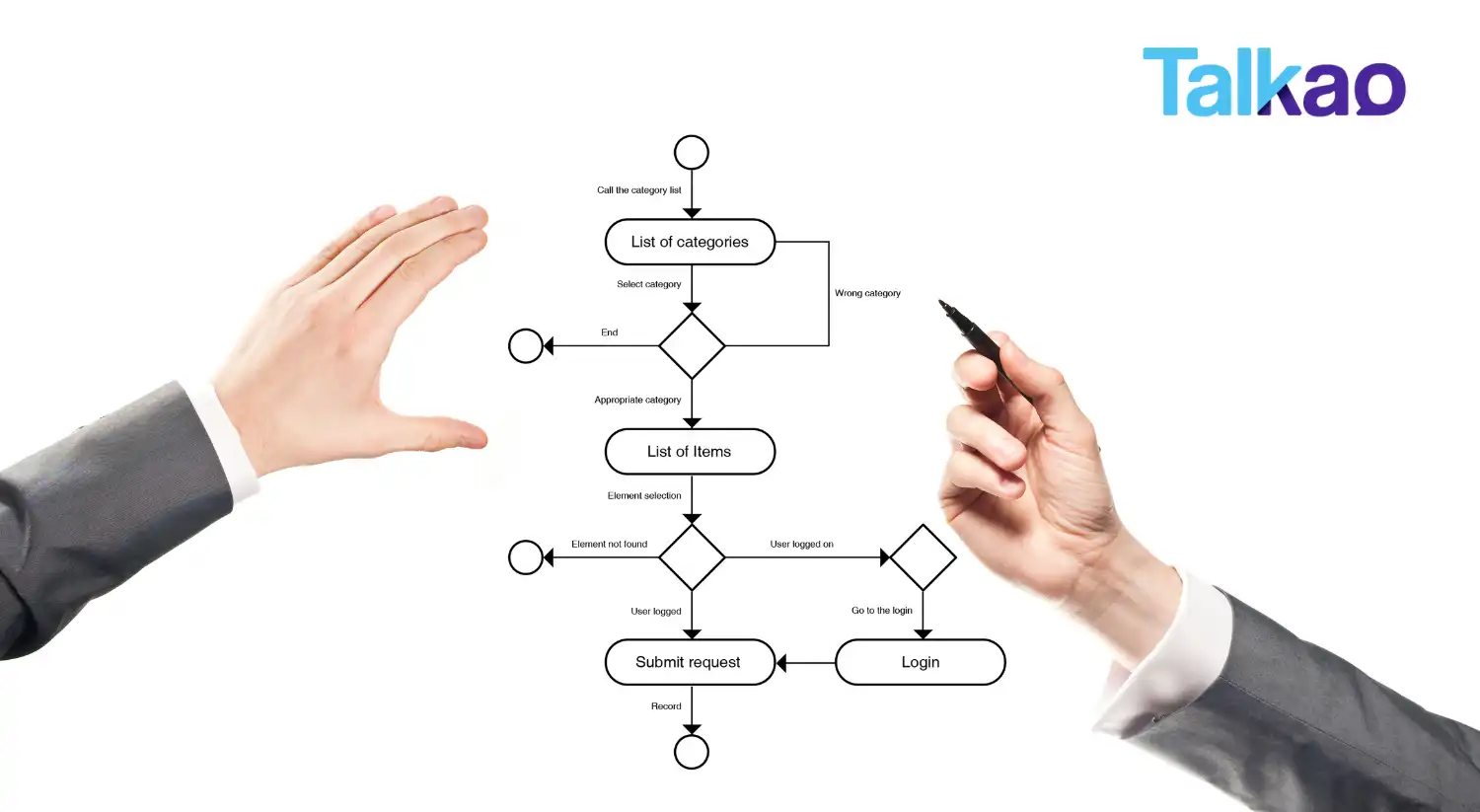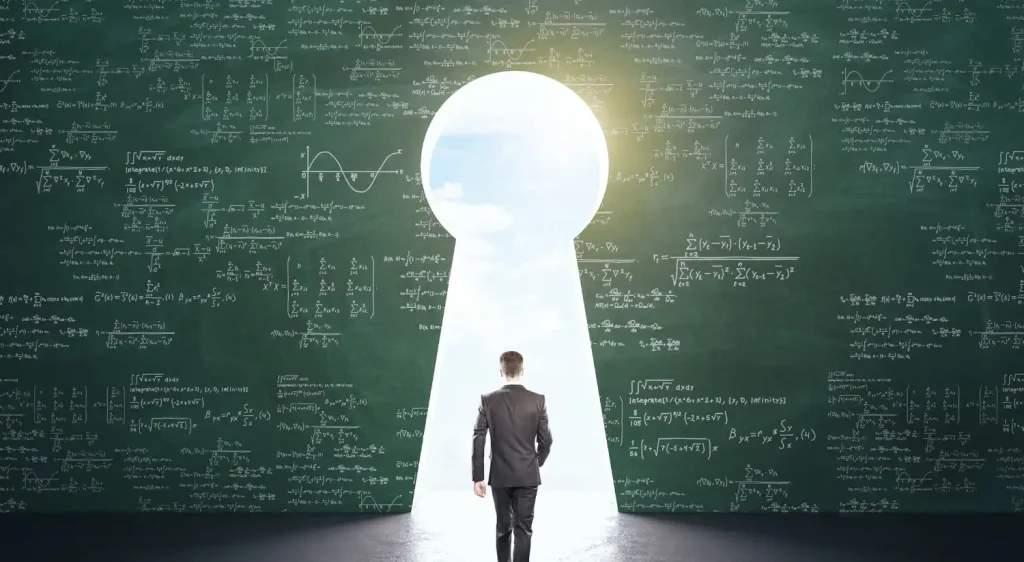
In today’s digital age, global communication has become an imperative. With the expansion of international trade, tourism and online connectivity, the ability to communicate effectively in different languages has become essential.
However, language translation has long been a challenge due to the complexity and subtleties of different languages and cultures. It’s not easy for a machine to take into account the cultural context in translation.
Fortunately, advances in algorithm technology have revolutionized the way language translation is performed.
These new algorithms are significantly improving translation accuracy and efficiency, enabling smoother and more effective communication in an increasingly interconnected world.
The role of algorithms in language translation
Algorithms are sets of mathematical instructions that guide data processing on a computer. In the context of language translation, algorithms play a crucial role in the analysis and interpretation of text in different languages.
These algorithms use natural language processing (NLP) techniques to understand the meaning behind words and phrases, as well as the grammatical and semantic rules of each language.

New algorithms are improving translation accuracy
One of the main challenges in language translation is capturing the precise meaning of a sentence or phrase in the target language. Older machine translation approaches often produced inaccurate or confusing results, making it difficult for people speaking different languages to communicate effectively.
However, new algorithms are changing this by improving translation accuracy.
These algorithms use advanced machine learning techniques and neural networks to train translation models that are able to more accurately capture the meaning and intent behind the text.
Adaptability to contexts and cultures
Another crucial aspect of language translation is the ability to adapt to different contexts and cultures. Languages vary not only in terms of vocabulary and grammar, but also in terms of cultural norms and communication conventions.
Older systems often struggled to capture the subtleties of cultural context in translation, leading to inaccurate or culturally insensitive translations.
New algorithms are addressing this challenge by incorporating a deeper understanding of culture and context into the translation process.
These algorithms can analyze the surrounding context of a text, as well as the culture and communication conventions of the source and target language, to produce more accurate and culturally appropriate translations.
Practical applications of accurate language translation
Improving the accuracy of language translation has a wide range of practical applications in a variety of fields. In business, the ability to communicate effectively with international clients and partners can open up new business opportunities and increase competitiveness in the global marketplace.
In education, accurate translation of educational resources can facilitate learning for students from different linguistic backgrounds, promoting inclusion and equal access to education.
And in the medical and legal fields, accurate translation of documents and conversations can be vital to ensure fair and equitable medical and legal care for people who speak different languages.

Evolution of algorithms
The evolution of algorithms has been fundamental to the way we learn languages. From the early days of machine translators to the sophisticated language learning applications available today, algorithms have played a crucial role in not only improving translation accuracy and efficiency, but also in how we learn languages nowadays.
Algorithms have significantly advanced in their ability to understand the context and subtleties of different languages, leading to more accurate and natural translations. In addition, they have enabled the development of machine learning and natural language processing techniques that personalize the language learning experience for each user.
“The evolution of algorithms has opened up new frontiers in language learning, making it more accessible and effective for everyone.”
Thanks to these advances, we now have access to a wide range of tools and resources that make learning a new language more accessible and effective than ever before.
From mobile apps that offer interactive lessons to online platforms that facilitate conversational practice with native speakers, algorithms have expanded language learning possibilities for people of all ages and skill levels.
Breakthroughs for tomorrow
The future of translation looks promising thanks to the significant advances in language translation accuracy driven by the new algorithms. These advances are paving the way for more effective and fluid communication in an increasingly diverse and globalized world.
With the continued evolution of algorithm technology, we can expect language translation to continue to improve in accuracy and efficiency, overcoming old language barriers and opening new frontiers in global communication.
REMEMBER!!!
If you liked this content don’t hesitate to let us know in the comments, and we will create more such content to help you.
You can download our available apps to translate and learn languages correctly, available for free in googleplay and applestore.
Don’t hesitate to visit our Talkao website and contact us with any questions or problems you may have, and of course, take a look at any of our blog articles.









Newsletter